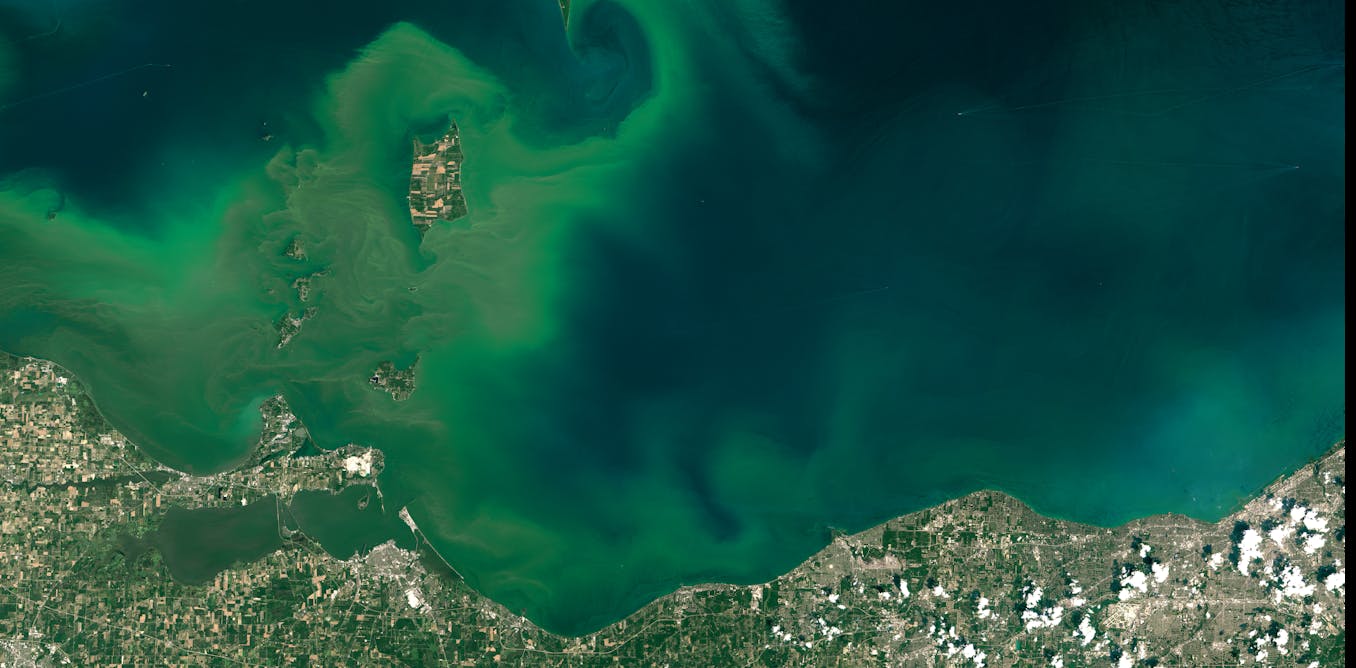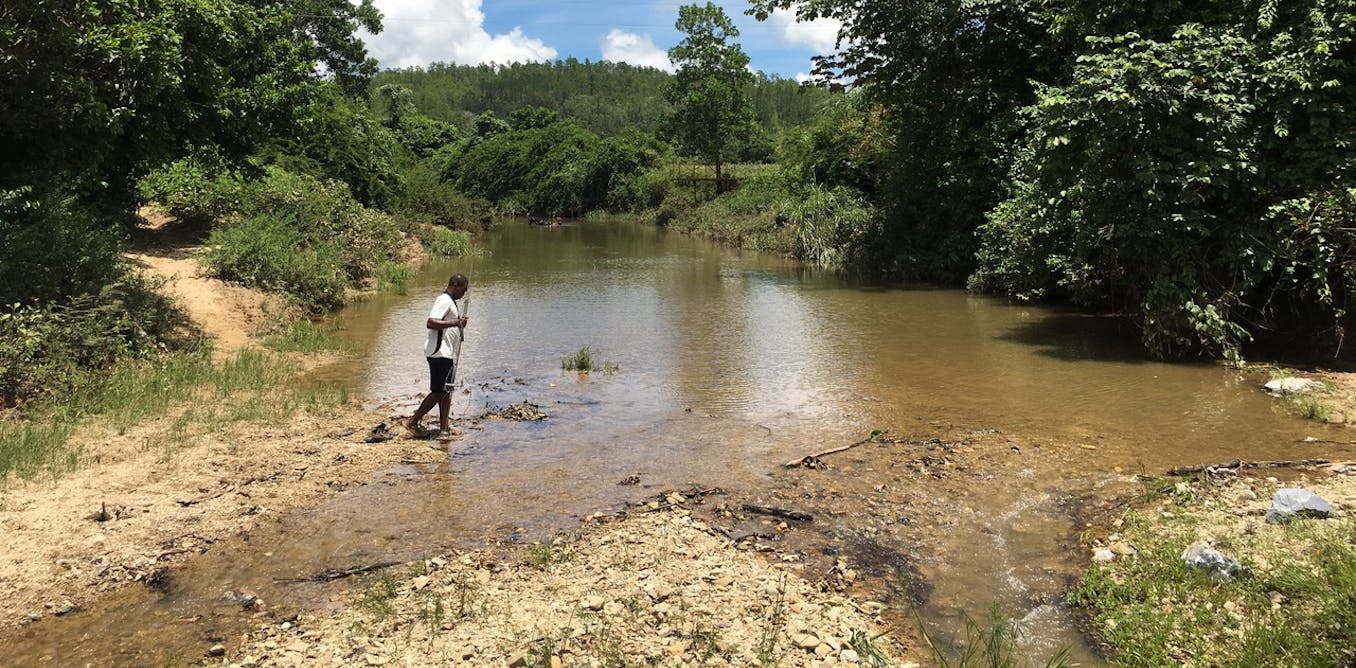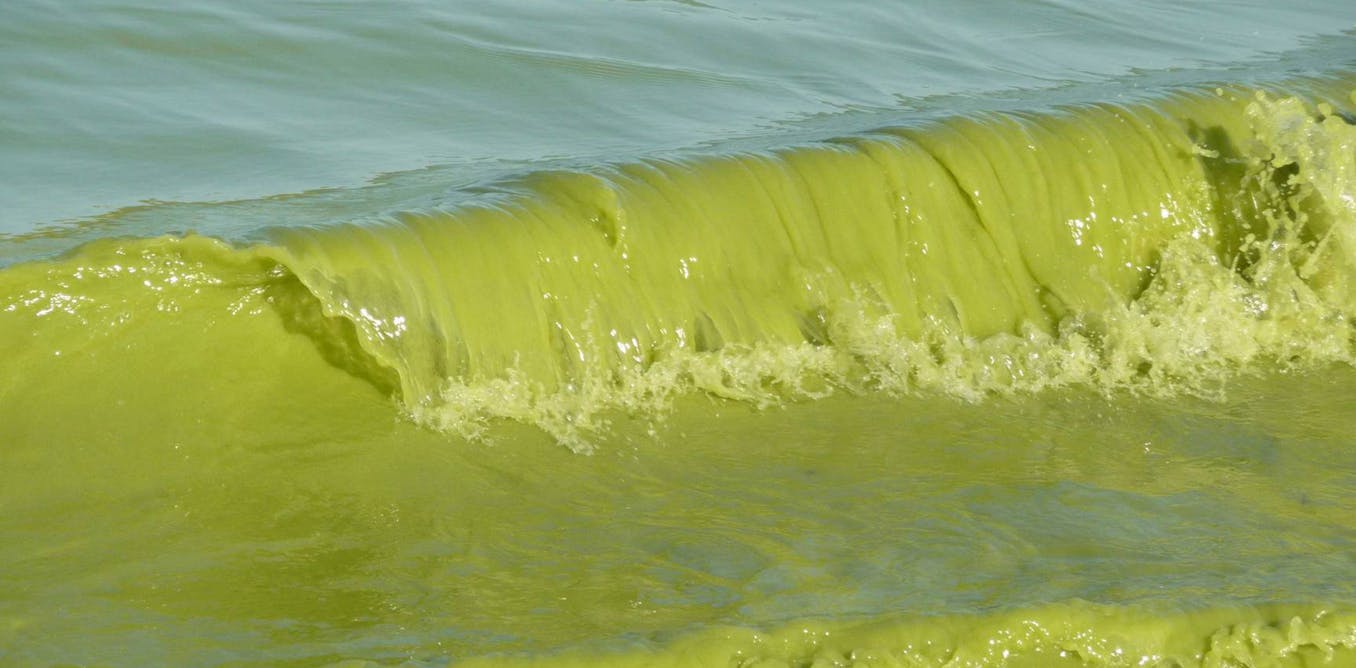To reduce harmful algal blooms and dead zones, the US needs a national strategy for regulating farm pollution
Nutrient pollution fouls lakes and bays with algae, killing fish and threatening public health. Progress curbing it has been slow, mainly because of farm pollution.
July 18, 2022 • ~11 min





